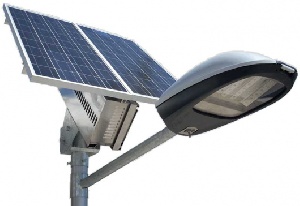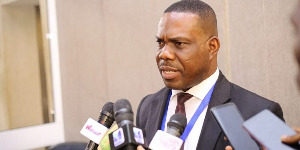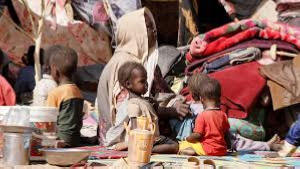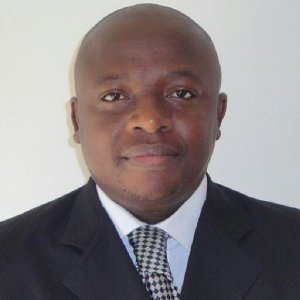Dr Osei Darkwa, Presient of Ghana Technology University College has urged government to adopt Solar Photovoltaic Energy Systems to ease the perpetual energy crises, mitigate against the high energy cost and avert environmental hazards linked to fossil fuel.
He said the looming energy shortage coupled with environmental problems, associated with the use of oil and gas must influence the nation to invest in a much-expanded clean energy supply like Solar Photovoltaic (PV) Energy Systems.
Speaking at the launch of Solar PV training programme over the weekend, Dr Darkwa noted that the adoption of solar PV energy would help the nation meet the growing demand for alternative energy, such as solar energy and also avoid concerns over environmental problems posed by fossil fuels.
He explained that Ghana's energy crisis has been largely driven by the high demand for power for both residential and commercial, use as well as high operational costs among others, which accounts for the current power crisis being faced by the nation.
He said the current crisis of inadequate and unreliable energy supply and the high utility costs to consumers can be curtailed and called for a critical look at alternative sources of affordable energy to support the country's economic growth.
“Solar energy is one of the most promising alternative energy options in the future because it is known to be non.-polluting, clean, and have minimal operation costs,” he said.
He added: “Ghana is well positioned with adequate radiation to generate sustainable solar power for consumption almost throughout the entire year.”
Ghana's energy policy targets increase solar power generation capacity from the current level of 2,000 megawatts to 5,000 megawatts and develop a non-constrained transmission network by 2020.
It also intends to achieve 10 per cent contribution of modern renewable energy in the electricity-mix by 2020.
But the GTUC President said to reach that target, the energy sector needed to educate engineers in the fundamental principles of solar systems.
Dr Darkwa also said the problem inhibiting the roll out of Solar as an alternative source of energy directly contributes to the negative impact of the energy crises on socio-economic development, evident in the soaring prices, high production costs and living standards.
He said the greater deployment of solar systems would require an increased need for qualified personnel with thorough knowledge of installation, maintenance and trouble shooting skills.
Mr Joseph Walker, National President of the Ghana Electrical Contractors Association said: "Ghana currently lacks qualified personnel who can install and maintain solar PV energy systems,” a situation he said, was affecting efficiency and rate of deployment of solar PV in the country.
He expressed regret that there was no institution in the country that provides formal or structured technical skills training and development on solar system installation and maintenance, targeted at electrical contractors and artisans.
Business News of Monday, 1 September 2014
Source: GNA













